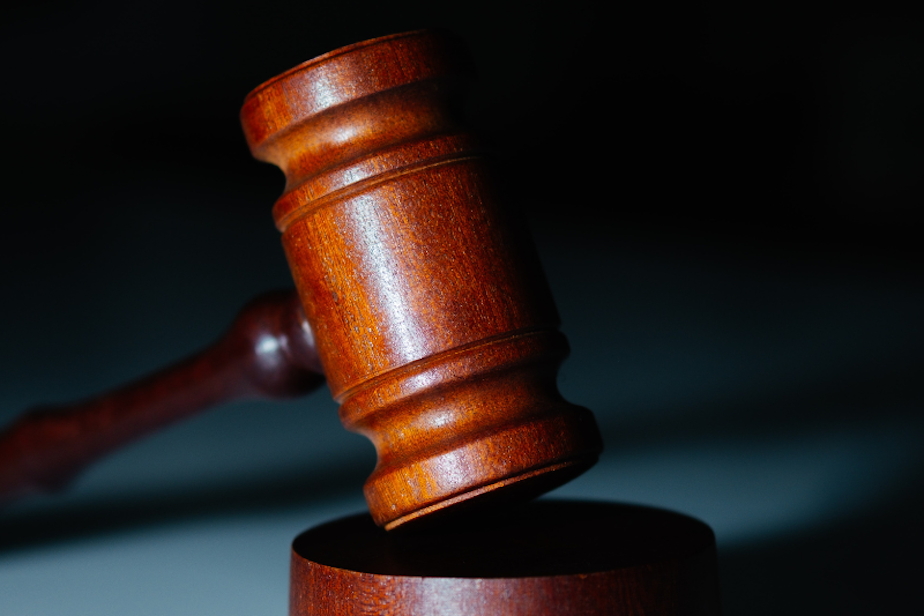After 11 years, Seattle's federal consent decree reaches the 'end of the beginning'

The federal consent decree came out of an agreement between the Department of Justice and Seattle Police in 2012, and included changes ranging from officer supervision to how officers respond to people in crisis. Citing a decade of progress, federal officials moved to lift most of the consent decree from the Seattle Police Department.
U.S. District Judge James Robart, who’s overseeing the settlement agreement, said last week that his ruling to mostly end court monitoring was not the beginning of the end for the decree but the “end of the beginning.”
The decree came out of an agreement between the Department of Justice and SPD after Seattle Police fatally shot First Nations woodcarver John T. Williams in 2010.
The consent decree became part of a national trend of bringing federal monitors to reform departments and strengthening police accountability measures.
"It laid out a framework to say, 'Okay, we're going to build a new system for Seattle police to use force in a constitutional way,'" said KUOW politics, government, and law enforcement reporter Amy Radil. "And it's led to big changes in how police do their jobs here in terms of it's reduced their use of force, and it's led to new approaches and crisis intervention."
Judge Robart emphasized improvements in SPD's use of force numbers, their approach to crisis intervention to stops and seizures, and better supervision of rank and file officers.
However, this is only a partial phasing out of the consent decree. Federal officials are looking for further progress when it comes to SPD's crowd control policies and the department's disciplinary standard for misconduct before the decree is fully lifted.
"His order says that SPD has improved its use of force for a lot of regular encounters — now it needs to show it can do constitutional policing of these large-scale demonstrations," Radil said. "And SPD needs to show the court that its accountability system reviews what happens to officers if they're found to commit misconduct. What kind of penalty do they face?"
Police accountability measures will now shift from federal monitors to agencies created as a result of the consent decree, such as the Office of Police Accountability, the Community Police Commission, and the Inspector General.
It wasn't immediately clear if SPD could fall back into federal monitoring if a policy or incident — such as the recently released body camera footage of a Seattle Police Officers Guild leader laughing and joking in the wake of a fatal officer-involved collision -- justifies it.
"The judge said he is looking for large systemic issues that arise, but he doesn't see a role for the court regarding these specific cases," Radil said. "Those are back under local jurisdiction — this case is being investigated by the [Office of Police Accountability]."






